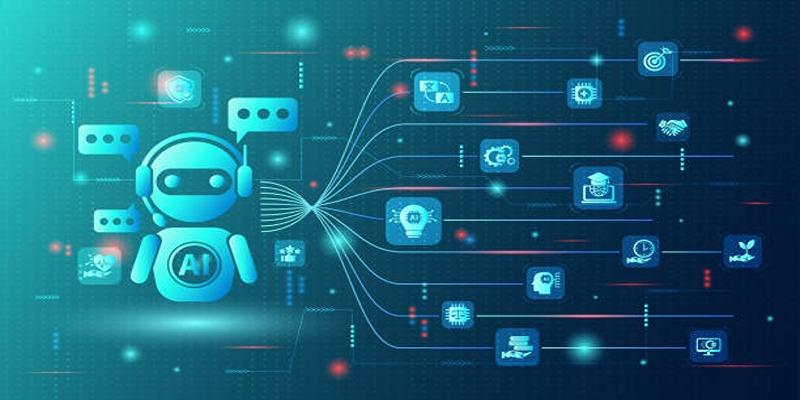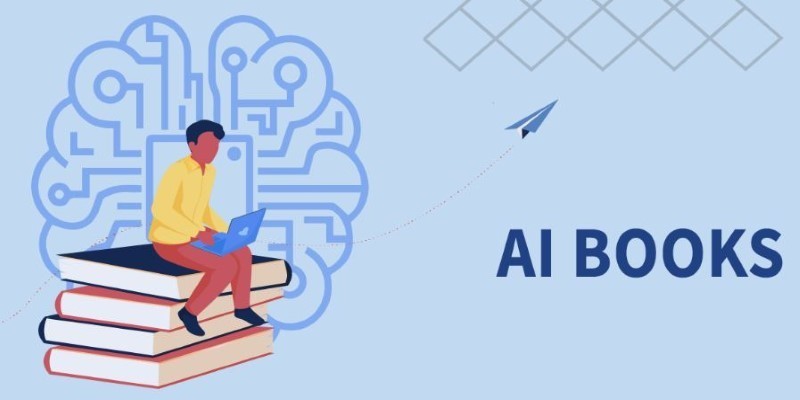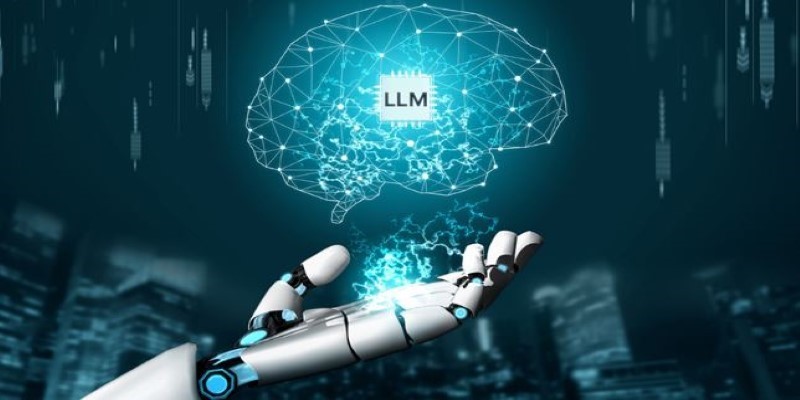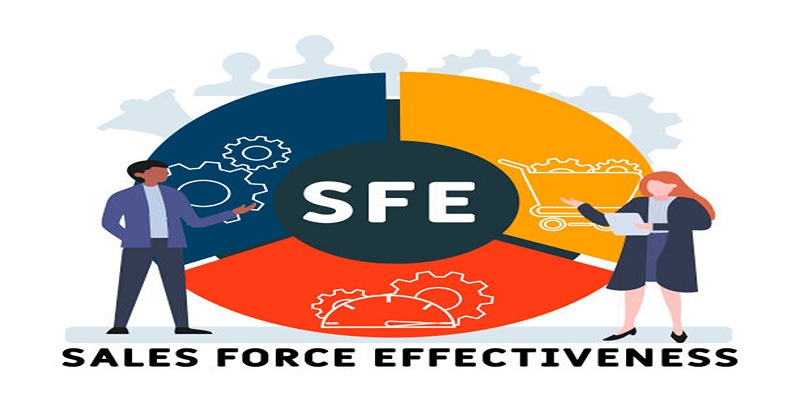Agentic AI are those artificial intelligence systems that exhibit independent decision-making, learning to function in dynamic situations and tasks without continuous human monitoring. Throughout this guide, we will delve into the core concepts of agentic AI, its uses, its challenges, and its ethical concerns, equipping you with an in-depth insight into this rapidly growing discipline.
Overview of Agentic AI
Agentic AI is a subfield of artificial intelligence that focuses on creating intelligent systems capable of making decisions and taking actions without direct human intervention. It is often contrasted with traditional AI, which relies heavily on programming by humans to perform specific tasks.
Some key concepts related to agentic AI include autonomy, learning, adaptation, and reasoning. Autonomous decision-making refers to the ability of agentic AI systems to make decisions based on their own analysis and assessment of a situation. Learning involves the ability of these systems to improve their performance over time through experience or data input.
Adaptation refers to the capability of agentic AI systems to adjust their behavior in response to changes in their environment or task requirements. Reasoning involves the ability of these systems to use logic and reasoning to make decisions and solve problems.
Historical Context and Evolution
It is important to understand the origins and development of these systems in order to fully grasp their capabilities and potential impact.
The concept of artificial intelligence has been explored since the early 20th century, with notable contributions from pioneers such as Alan Turing and John McCarthy. However, it was not until the late 1950s that the term "artificial intelligence" was coined by McCarthy, who also organized a conference on the subject in 1956.
Foundational Principles of Agentic AI

Agentic AI systems are built upon several core principles that enable them to function independently and effectively in varied contexts. These principles include autonomy, decision-making, goal-driven behavior, and adaptability in dynamic environments. Each of these foundational elements contributes to the immense potential AI holds in revolutionizing countless industries.
Autonomy and Decision-Making
Autonomy enables agentic AI to operate independently of direct human oversight, allowing these systems to assess situations, evaluate possible actions, and make decisions on their own. This capability is key in applications like self-driving cars or robotic automation, where immediate responses to changing environments are critical.
By leveraging algorithms and computational models, AI systems can effectively analyze data and execute resolutions without waiting for external input, thus demonstrating a significant level of independence in their operational processes.
Goal-Driven Behavior
Goal-driven behavior ensures that agentic AI systems focus their actions on achieving specific objectives. This principle allows these systems to prioritize tasks, allocate resources effectively, and work toward predefined or dynamic goals. For example, AI in logistics management can optimize delivery routes to reduce costs while meeting deadlines. By fostering a goal-oriented framework, agentic AI enhances efficiency and precision across diverse fields, ensuring that its activities consistently align with intended outputs or mission statements.
Adaptability in Dynamic Environments
Adaptability is a vital trait of agentic AI, enabling systems to respond to unpredictable and rapidly changing scenarios. Whether applied to climate-monitoring tools or customer service chatbots, adaptability allows AI to reassess conditions in real-time, modify its approach, and maintain functionality without manual intervention. This flexibility ensures that agentic AI can evolve alongside its environment, learning from new data and experiences to improve its problem-solving abilities and overall effectiveness.
Applications of Agentic AI
Agentic AI has a wide range of real-world applications, making it a valuable tool across various fields. By leveraging its adaptability and learning capabilities, it can enhance efficiency, accuracy, and decision-making in complex scenarios. Below are some key applications:
- Healthcare: Assists in diagnosing diseases, personalizing treatment plans, and managing patient records effectively.
- Finance: Detects fraudulent activities and provides predictive analytics for better financial decisions.
- Transportation: Powers autonomous vehicles by analyzing real-time traffic data and improving route optimization.
- Education: Delivers personalized learning experiences tailored to each student's unique needs and progress.
Technological Frameworks

Artificial intelligence operates on technological frameworks that serve as its foundation. These frameworks include advanced algorithms, data models, and computational systems that drive its capabilities. Below are key subcategories of these frameworks:
Machine Learning Frameworks
Machine learning frameworks enable AI systems to learn from data and improve over time without explicit programming. Popular frameworks like TensorFlow and PyTorch provide tools for building neural networks and implementing deep learning models. These frameworks facilitate tasks such as image recognition, natural language processing, and predictive analytics, making them essential for developing intelligent systems that adapt and evolve with experience.
Natural Language Processing (NLP) Tools
NLP tools empower AI to comprehend, interpret, and respond to human language. Frameworks like spaCy and NLTK allow developers to build applications capable of language translation, sentiment analysis, and conversational interactions via chatbots. These tools are integral for bridging the gap between humans and machines, simplifying communication across industries, and enhancing user experiences through intuitive and context-aware responses.
Computer Vision Platforms
Computer vision platforms enable machines to process and analyze visual data such as images and videos. Frameworks like OpenCV and Google’s MediaPipe provide tools for object detection, facial recognition, and gesture tracking. These technologies are used in areas like security, healthcare, and autonomous vehicles, offering solutions for real-time image processing that allow systems to interpret and act on their visual environments effectively.
Integration with Existing AI Systems
For seamless integration, agentic AI should complement and enhance existing systems rather than replace them. This requires standardized APIs, modular architectures, and compatibility with legacy frameworks. Efficient data pipelines and communication protocols are key for smooth interaction with existing workflows. A focus on scalability and continuous learning ensures these systems evolve with new technologies, maximizing their use in healthcare, transportation, finance, and more.
Conclusion
Agentic AI is revolutionizing artificial intelligence with its focus on autonomous decision-making, adaptability, and goal-driven behavior without constant human input. This guide covers its core concepts, evolution, real-world applications, and technologies like machine learning, NLP, and computer vision. It emphasizes integrating agentic AI responsibly while addressing ethical and regulatory challenges. As it reshapes industries, prioritizing transparency, accountability, and societal values is key to fostering a sustainable and ethical technological future.











